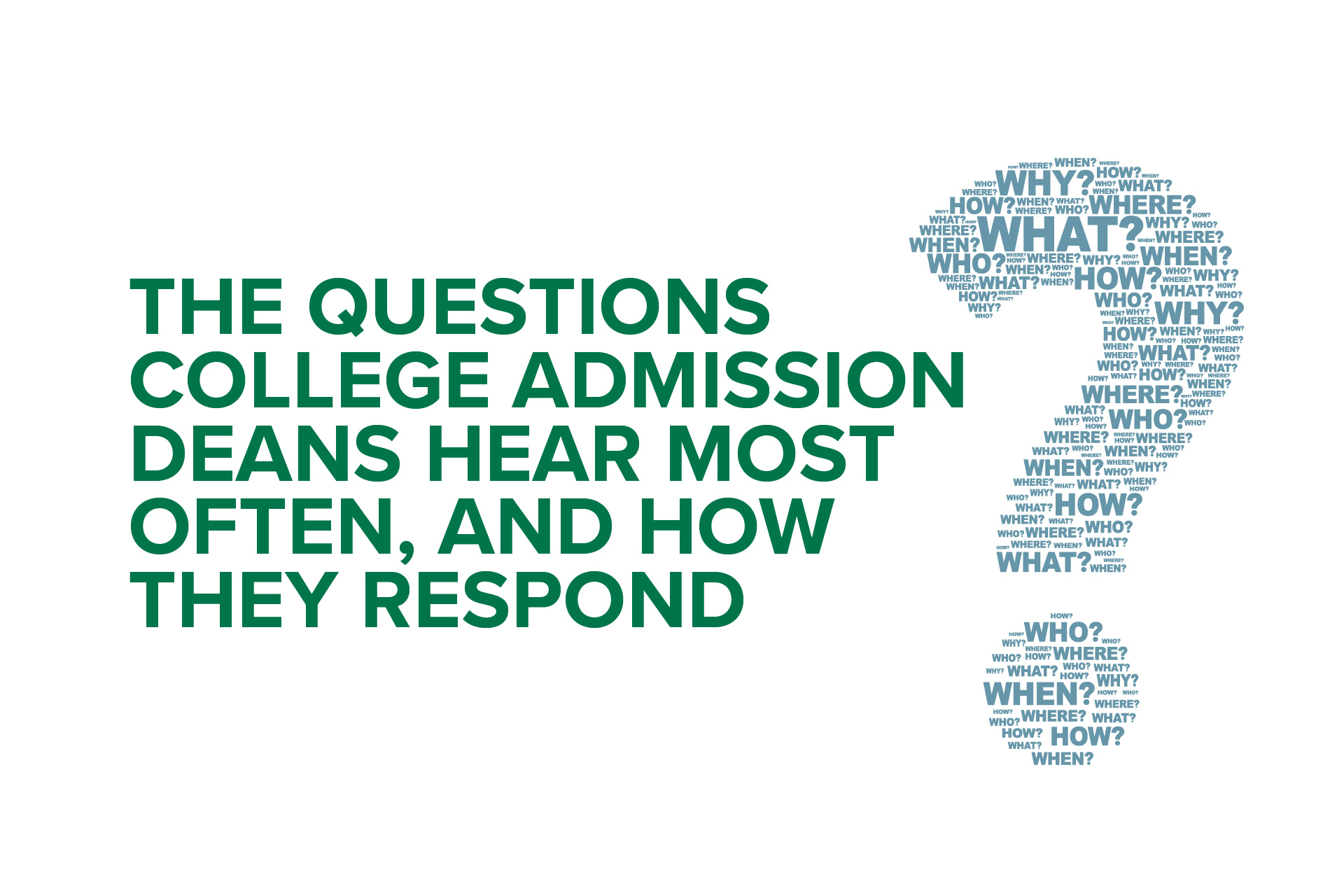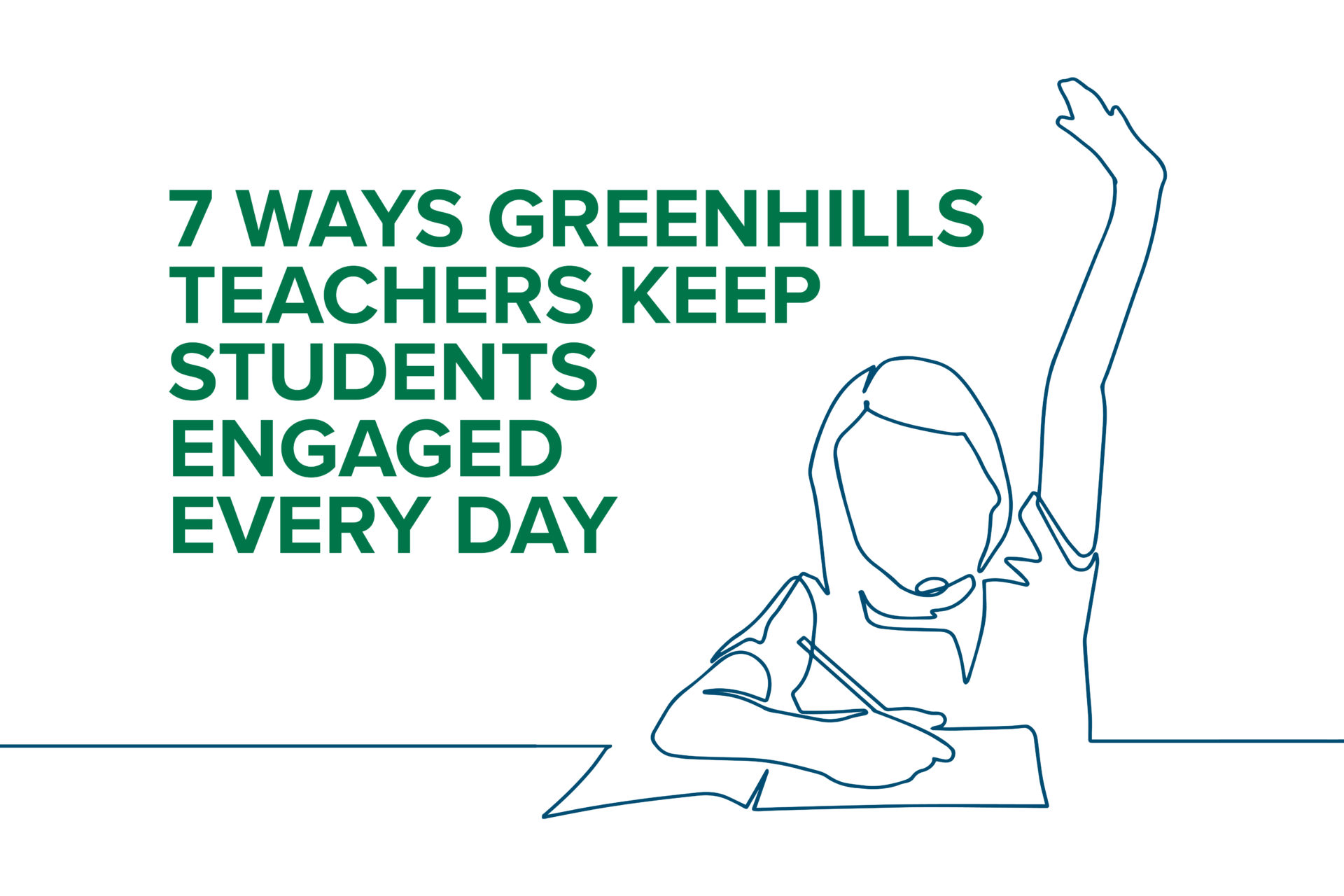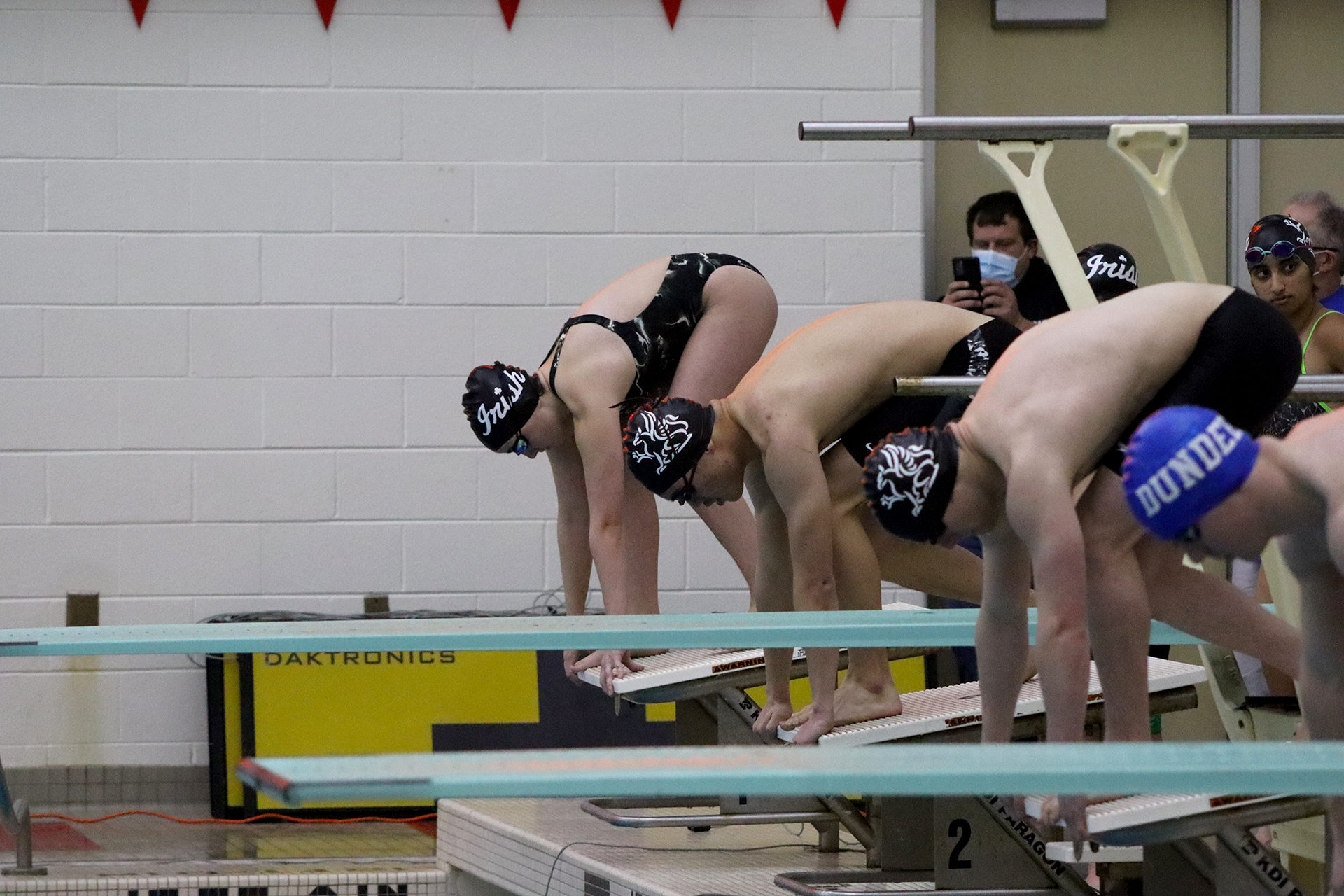6 Ways COVID-19 is Impacting College Admissions and What Families Should Do

By Betsy Ellsworth, Director of College Counseling at Greenhills School and Joshua Chester, Associate Director of College Counseling
As if the process of considering and applying for colleges doesn’t feel overwhelming enough for students and parents, COVID-19 has added an extra variable that is leaving many feeling uncertain about what to do. College Counseling departments like ours have continued to communicate with colleges across the country, and we want to share with you some of the things we’ve learned.
The silver lining is that it’s not all gloom and doom. While this global pandemic has brought a level of uncertainty about the immediate future, students are also seeing new opportunities that didn’t exist before COVID-19.
1. Websites and Online Resources are Becoming Better
As has always been the case, your first resource for learning about a specific college or university is its website. Many are now offering online information sessions, and most have virtual tours of their campus as well, both on their own websites and sites like YouVisit. Check out Williams, Bowdoin, and the University of Miami for examples of websites doing remote admissions well.
You’ll also find schools using social media more extensively and in new ways. Facebook pages like Dartmouth’s are a great window into what’s happening at a school. Scrolling through a school’s posts can tell a lot about where a school is excelling and what they value, and you will find similar content in a photo-rich format on Instagram pages like Duke’s.
Crowdsourcing has also become an incredible resource for learning about what it’s “really” like at a college. Online forums for students, parents, and professionals, such as Reddit and College Confidential, aggregate informal impressions from around the world. Campusreel is another great resource for content that is primarily sourced by students, and there is no shortage of YouTube content like this.
2. Early Applications Matter More Than Ever
At many schools, the odds that a student will say “yes” to an offer of admission has at least some impact on a college’s inclination to admit them. Many of the usual signs that a student is interested in a college—visiting campus, contacting admissions reps, and attending admissions events—have become less reliable indicators as people travel less under COVID-19. What’s more, fewer students are applying to college, sending many colleges into a panic. As a result, colleges are now paying even more attention to the timeline on which a student applies, thinking (rightly or wrongly) that a student who applies by an earlier deadline is more interested than one who applies by a later deadline.
This means that students interested in increasing their odds of admission should seriously consider applying under an early application program like Early Action (non-binding) or Early Decision I or II (binding), provided that doing so makes sense for them and their family. In particular, we expect to see an increase in the number of students taken in Early Decision, because colleges are eager to lock in as many students as possible, as early as possible.
3. Colleges are Being Flexible with Expectations
Given the timing of the pandemic, many students are understandably concerned about spring semester grades and testing. This letter from Harvard, sent to college counselors around the country last spring, should reassure you that colleges will meet you where you are. Most recently, the University of Michigan updated their application requirements. In other words, you will not be penalized for your school moving to pass/fail grades or your decision to focus on finding a date to take either the SAT or ACT as opposed to the SAT Subject Tests.
4. Standardized Testing May Be Optional
More than 1,600 colleges and universities are currently test-optional and their number is growing almost daily. At the conservative extreme, Boston University “will adopt a test-optional policy” for candidates for the Class of 2025 only. Nearby, Tufts University will institute a three-year test-optional “experiment” while MIT has seized the moment to drop its SAT Subject Test requirement entirely. A similar decision by the two leading West Coast STEM colleges, Harvey Mudd and Caltech, may have prompted MIT’s decision as the last major university to require SAT Subject Tests. Meanwhile, NACAC (the National Association of College Admission Professionals) provided the declarative statement that Test Optional Means Test Optional, to allay concerns from parents and students.
A word of warning: Unless a college states clearly that the SAT, ACT, or the SAT Subject Tests will not be considered, let the buyer beware. Shades of language in application instructions may include words and phrases like “considered, recommended, encouraged” but will also clearly state that a candidate is at no disadvantage for exercising their option to not submit.
Finally, we cannot yet predict which colleges will be test optional for the classes of 2022, 2023, and 2024, as colleges are waiting to see how this year plays out before making that decision. Here is the most current list of test optional schools.
5. Colleges are Eager to Help Financially
Families should be honest with the colleges you’re planning to attend if COVID-19 has had a significant impact on your financial status. As this Forbes article points out, it is completely fine to request additional financial aid if your situation has changed, even during a pandemic. As the old adage goes, you can’t get what you don’t ask for.
Many schools are making additional financial aid and accommodations available, often as temporary support for families with furloughed parents or owners of businesses experiencing hardship. A great example is Pomona College, which has created a one time Summer Contribution Emergency Grant to help incoming students receiving financial aid cover expenses. Other schools like Davidson are allowing families to defer their fall payments for up to a year.
6. Colleges Are Investing in Student Well-Being
With so much uncertainty, many colleges are making investments in resources to support students. Many are revamping their support services to function better under remote and hybrid learning models, and schools are also increasing funding to centers that support student mental health and well-being. For example, Pomona College offers free access to Calm for all students.
What Should Families Do?
The best advice we have for families is to take a deep breath and continue to move forward. Now is the perfect time to consider your priorities when it comes to college and explore your options. Remember that choosing the right school is never a one-size-fits-all proposition, even in these unprecedented times, and choosing based on name or prestige is never in a student’s best interest.
Schools with college counseling departments are particularly adept at helping students identify the best fit, and are eager to answer questions from students and parents. High school guidance counselors are valuable sources of information too. They may not be as laser-focused on the college process as a dedicated college counselor, but they have their own wealth of experience to pull from. And don’t forget about college admissions representatives. Though they have a vested interest in presenting the positives of their school so students apply, the best are focused on finding good-fit students.
If you already know which schools you are most interested in attending, seriously consider Early Decision options. Early Decision I (EDI) applications are due in November and many colleges offer an Early Decision II (EDII) option in January. If your EDI school doesn’t work out, strategize your options by looking closely at EDII schools.
Even in the wake of COVID-19, trust that higher education is vital and will continue. It may look different, and we are all eager to return to the “new normal,” but don’t let this deviation keep you from finding and attending the best school for you.
About the Authors
After earning her MA at Duke University, Betsy Ellsworth spent 10 years as the Senior Associate Dean of Admissions at Reed College. In 2005 she joined Greenhills School as the Director of Admission and Financial Aid before becoming Greenhills’ Director of College Counseling in 2017. Betsy is also the proud parent of twin sons who graduated from Greenhills with the class of 2020, and is acutely aware of the challenges parents and students are facing during this unique time.
Joshua Chester is a graduate of Duke University, where he earned a BA summa cum laude in philosophy with minors in neuroscience and music. Afterwards, he spent several years working at Duke’s Office of Undergraduate Admissions as a Senior Admissions Officer, and was frequently invited to speak at high schools across the country on such topics as writing college recommendations, writing college essays, on-campus and virtual college visits, and more. Josh joined Greenhills in 2017 as the Associate Director of College Counseling.
Updated: November 23, 2020





